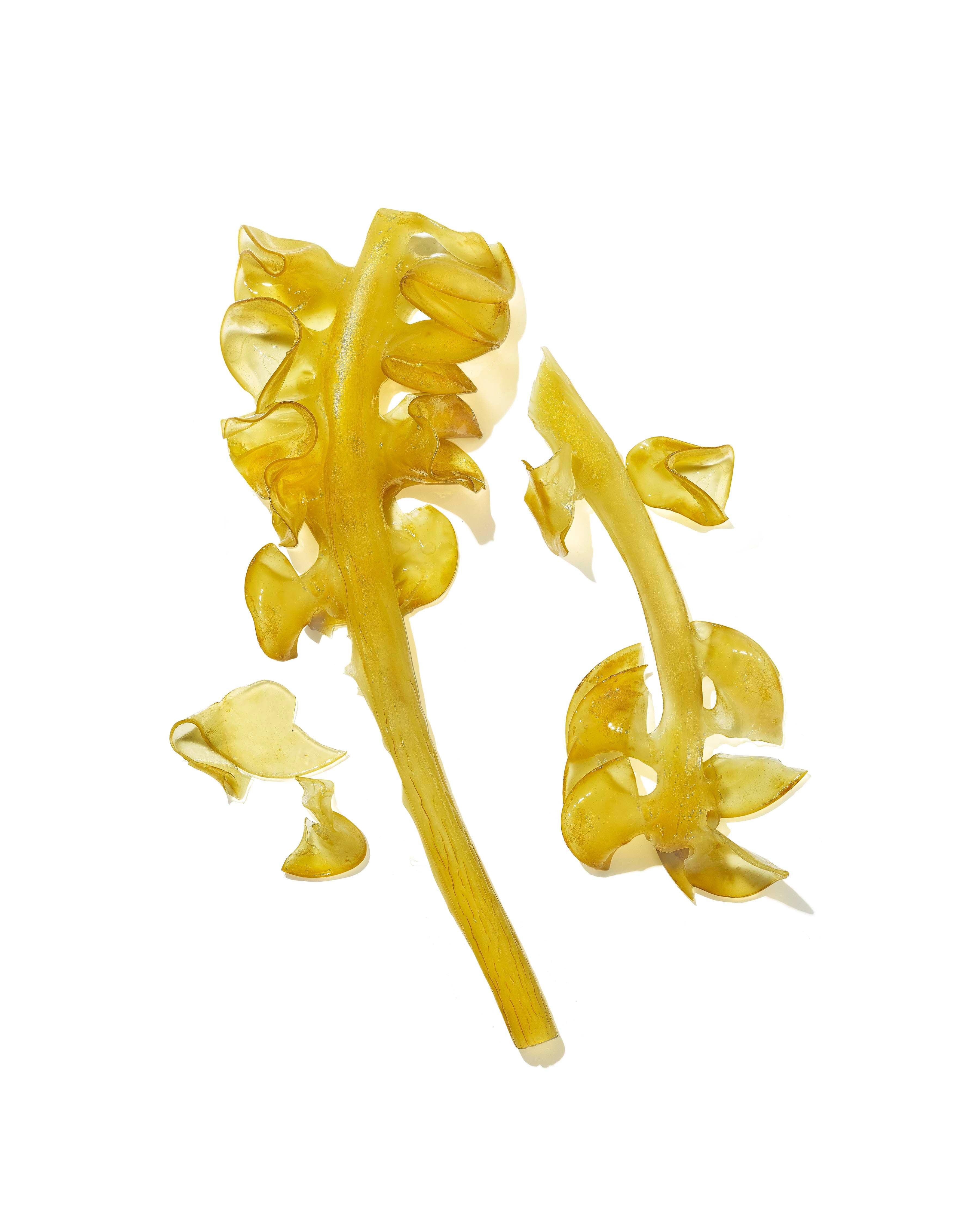Can you elaborate on the unique properties of Mekabu and how it benefits hair care compared to other natural ingredients?
Mekabu is a Japanese ocean botanical (seaweed) that acts like a sponge, providing your hair with essential botanical hydration. It is extremely nutrient-dense, as it is essentially the root area of Wakame seaweed.
We source our Mekabu from northeastern Japan, where the local community has been consuming it and using it in personal care products for centuries. This region is part of a 'blue zone,' where the population is known for their exceptionally long lives, often beyond the age of 80, attributed to their lifestyle, diet, and low disease incidence.
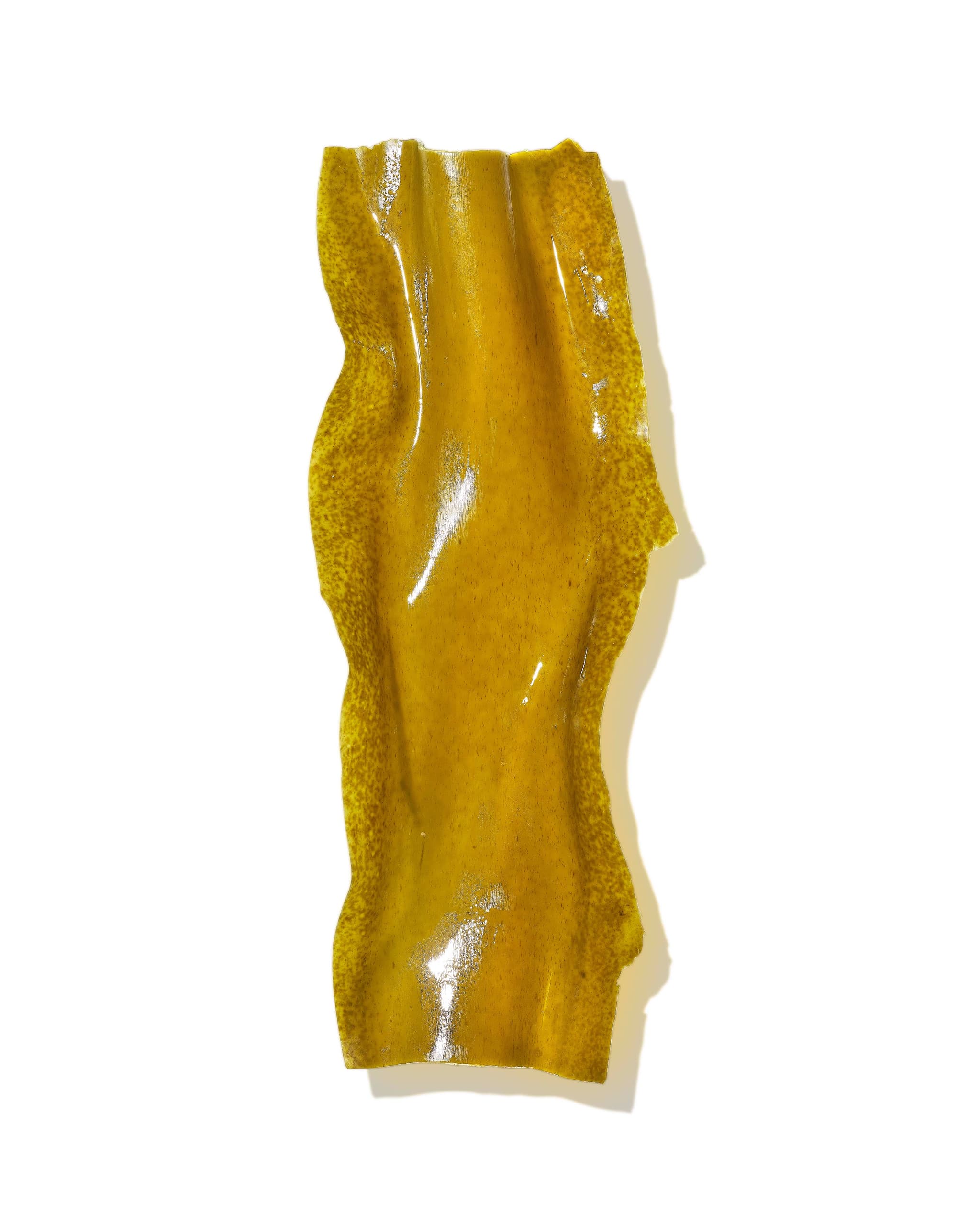
How do you ensure the consistency and quality of Mekabu powder sourced from your family-owned seaweed company in Japan?
The family-owned seaweed company we partner with has been in business for almost 100 years. They harvest the local seaweed in the same traditional way every year, ensuring that all their seaweed, including ours, is food-grade. It is ethically sourced and of extremely high quality. The seaweed is powdered to our specifications and shipped fresh. While we source our hero ingredient from Japan, we manufacture our products in Chicago.
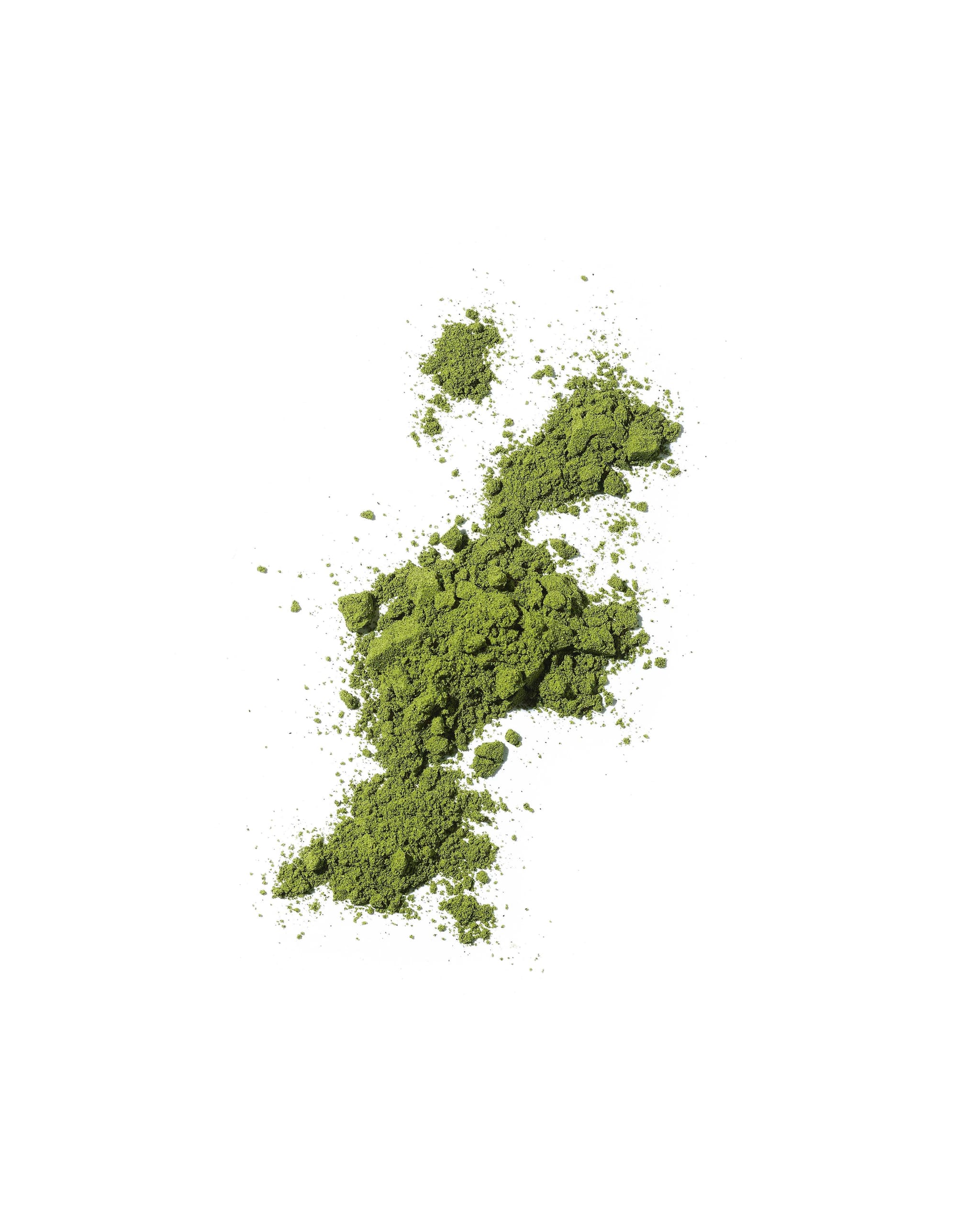
How do you ensure that your products are toxin-free while maintaining their effectiveness and salon-quality performance?
It is indeed difficult to make salon-quality formulations without any toxic ingredients (no sulfates, parabens, or phthalates). Additionally, we wanted to solve the #1 hair issue, hydration, but do it without weighing hair down. About 90% of the haircare products in the US still use toxic ingredients and most hydrating haircare products leave hair limp and dull, so this was no easy feat to solve while maintaining the standards of salon-quality haircare.
We adhere to EU standards, which are significantly more rigorous than those in the U.S. After developing our formulas, we conducted extensive consumer testing on every hair type and texture we could find to ensure our products are inclusive and effective for everyone.
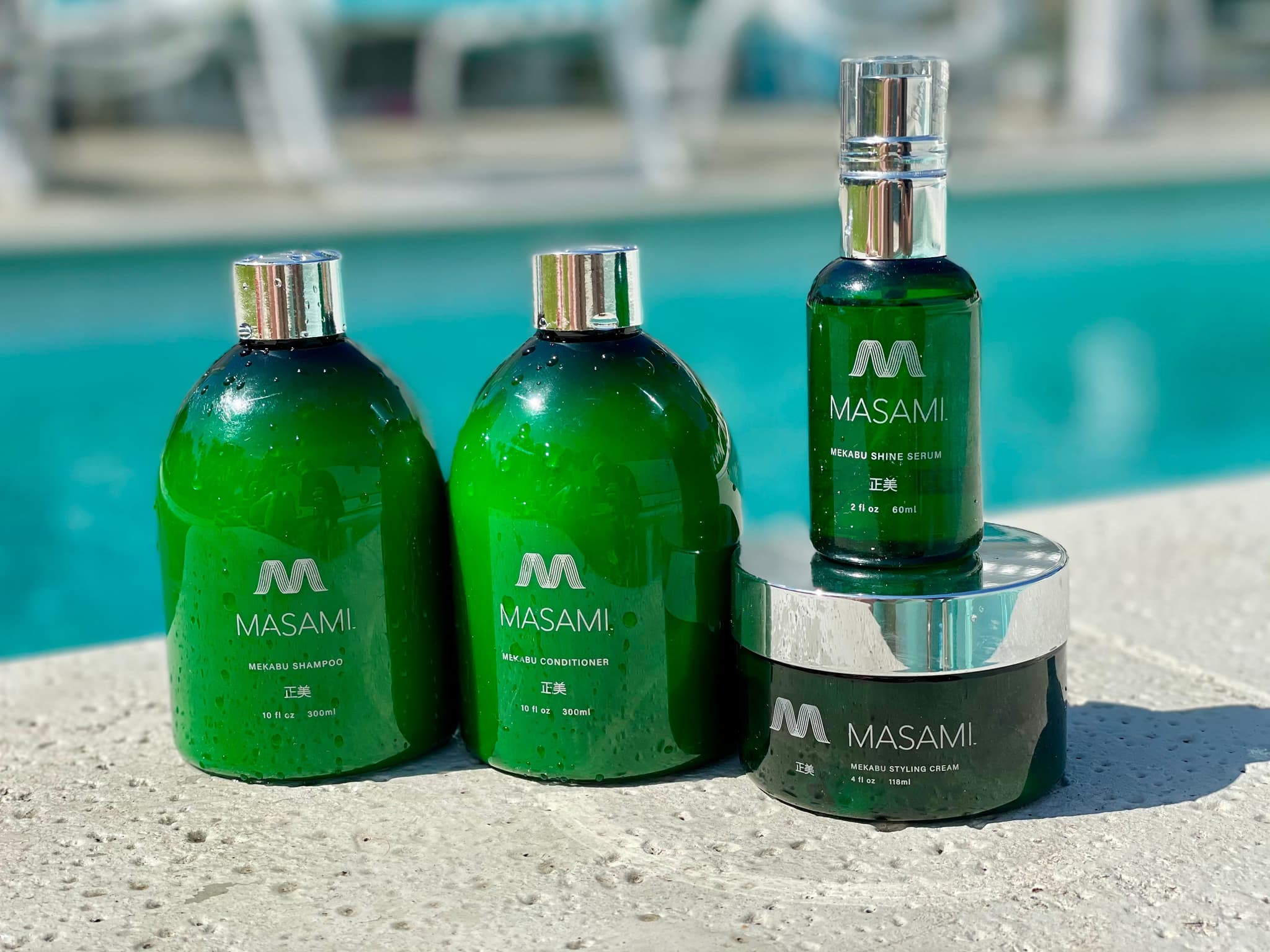
Can you discuss the role of other botanical ingredients in your formulas and how they complement Mekabu?
We incorporate several other "good for you" ingredients that enhance the performance and hydration of our formulas. Our aloe is organic and of the highest quality. We also use blueberry extract, sweet almond oil, coconut oil, and grapeseed oil, all carefully selected to help strengthen, soften, and keep hair hydrated.
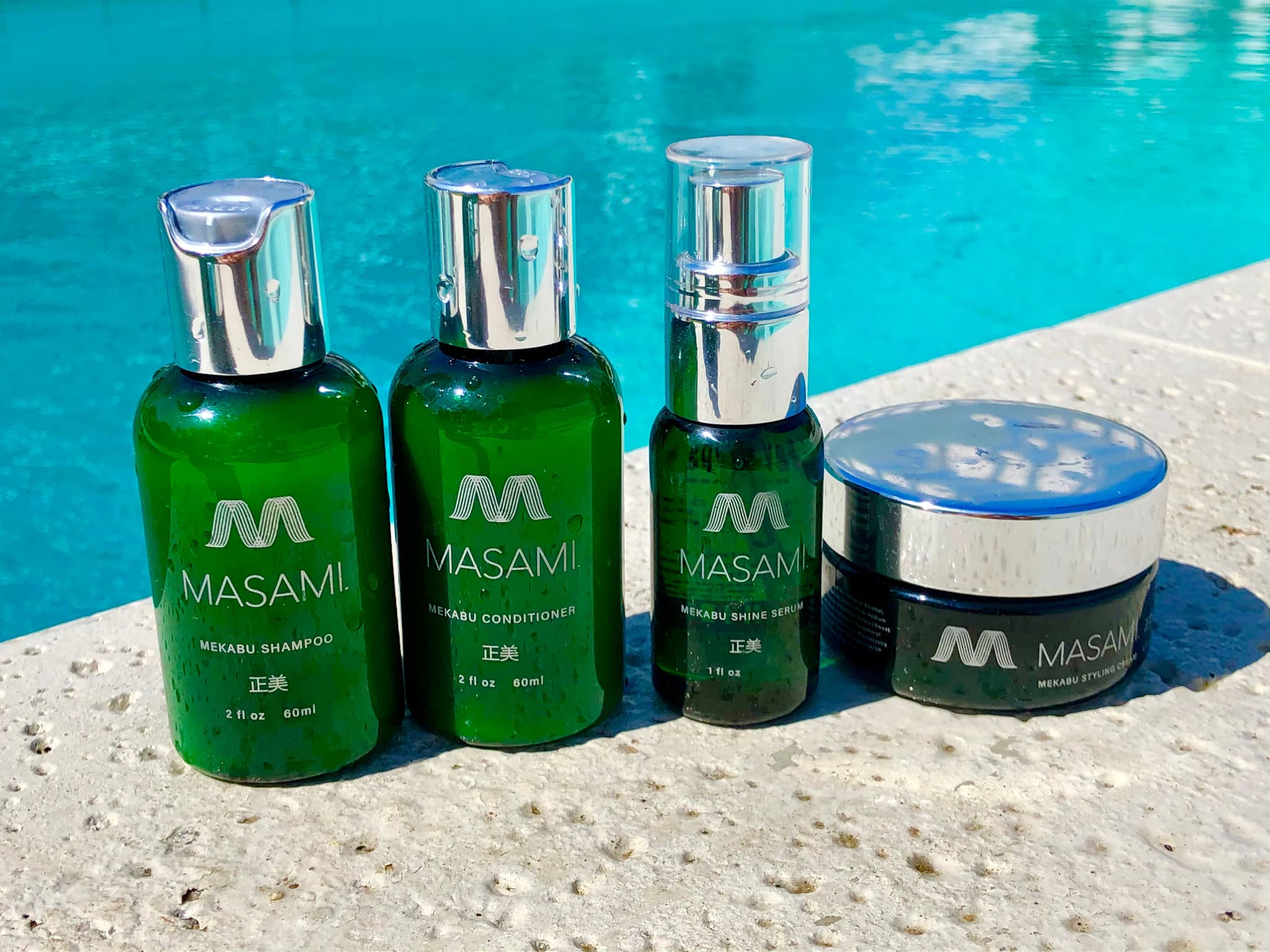
Can you share a memorable experience where a customer’s feedback significantly influenced your product development?
We love receiving feedback from our customers. One of our most loyal customers has been requesting a larger size of our styling cream, so we are about to launch an 8 oz option later this year. We also get asked a LOT about when we will introduce a body lotion and/or body wash, so we’ll see what the future holds.
How do you innovate your production techniques to maintain high-quality standards while scaling up production?
We collaborate with a chemist in Chicago who has recently moved to a larger facility, enabling them to handle both small and large production runs. This flexibility is invaluable in managing our inventory levels and ensuring a consistent supply.
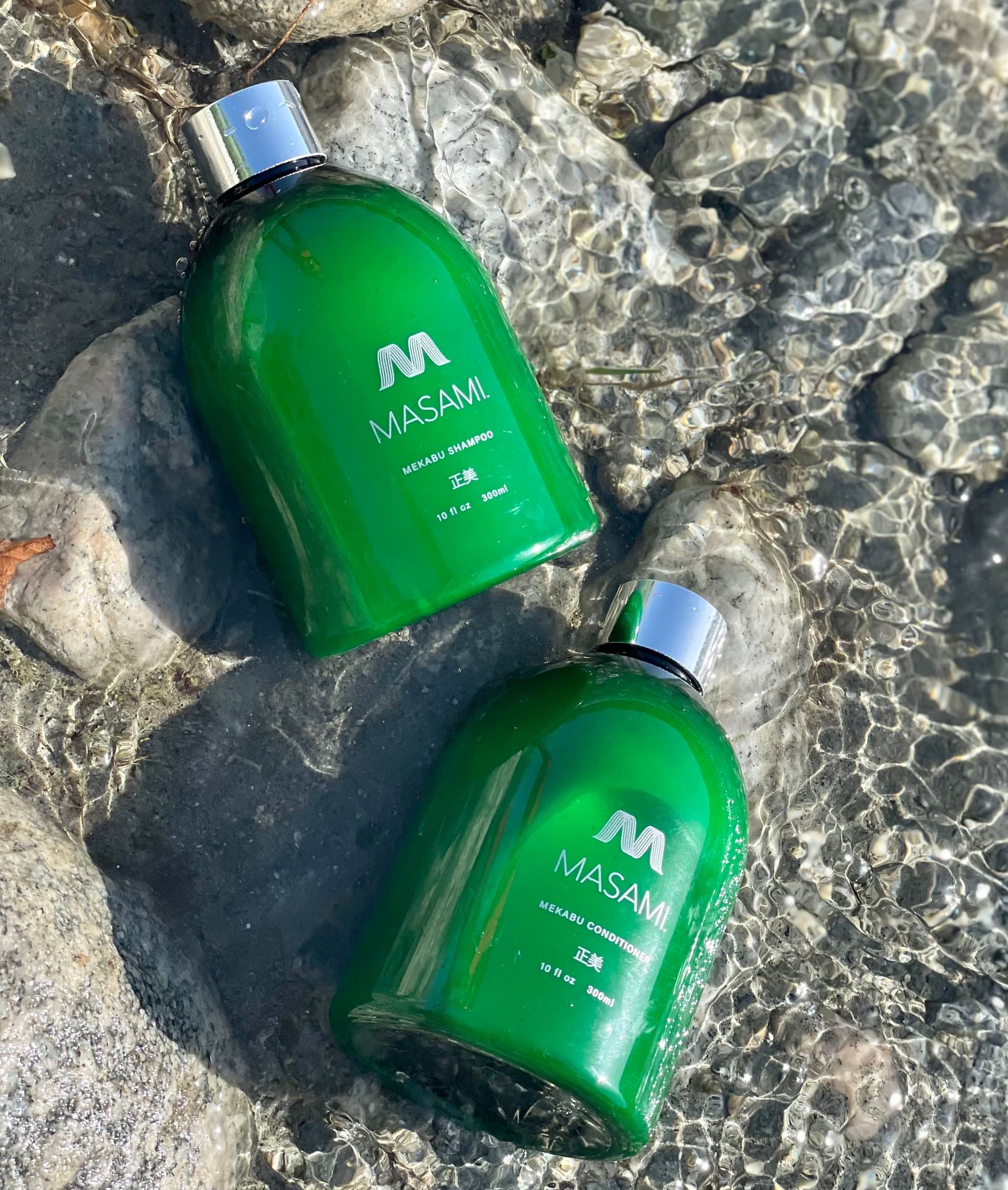
What are some of the unique challenges you’ve faced in sourcing Mekabu sustainably, and how have you overcome them?
It took some time to find the right partner for our Mekabu supply, but once we did, it’s been fantastic. We went to Japan to visit them in person and were impressed by their facility and work. I recommend that anyone who uses a specific hero ingredient visit their supplier’s facilities and get to know more about how they conduct business to ensure they align with your values.
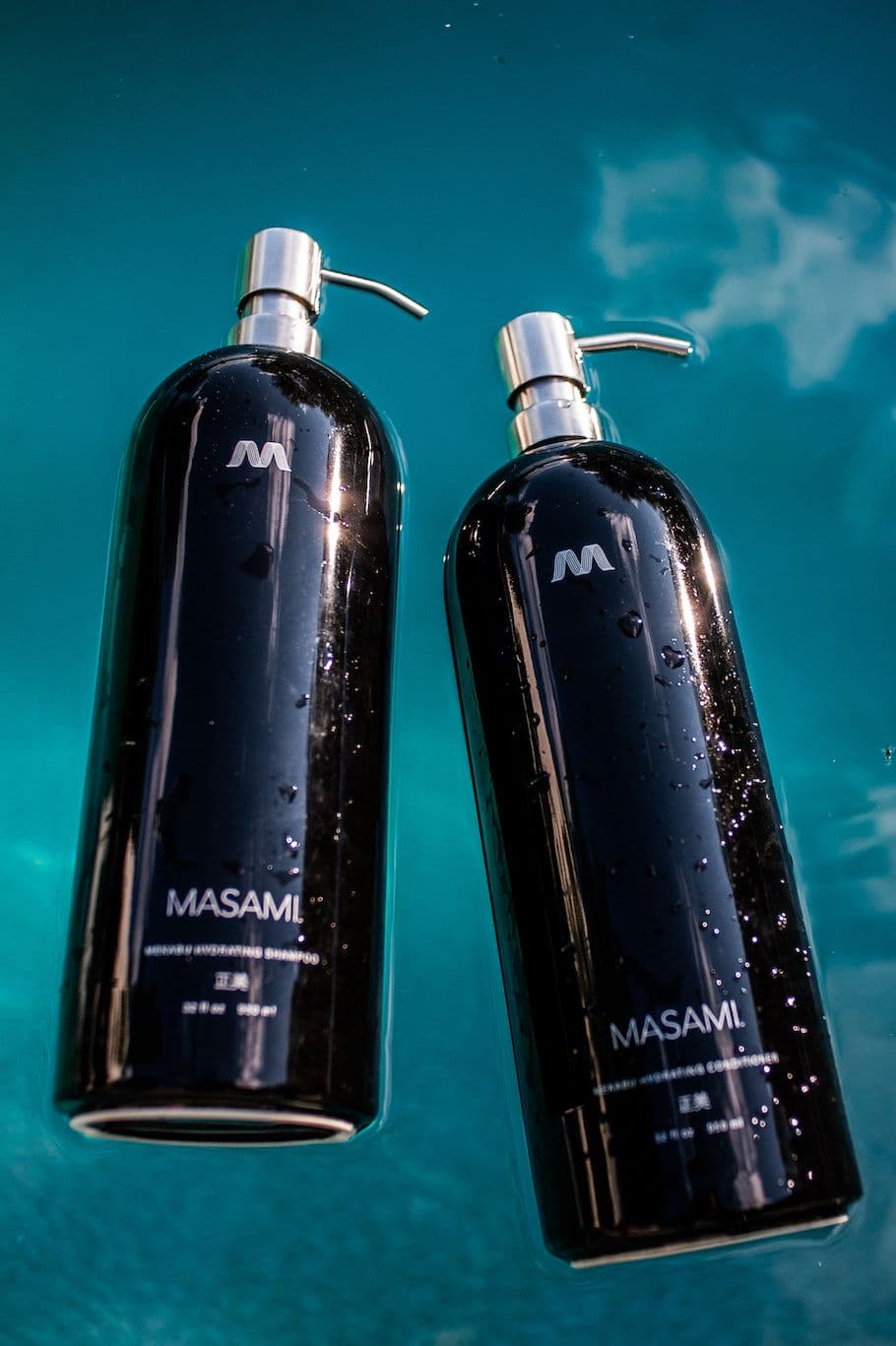
What legacy do you want MASAMI to leave in the world of beauty and environmental stewardship?
We hope to find more innovative solutions to help haircare brands become more sustainable. We launched salon-size ceramic refillable bottles and pouches and are always exploring new and better ways to deliver our products in an environmentally friendly manner. We also aim to educate consumers about the importance of conscious beauty, helping them to make better, more sustainable choices.
